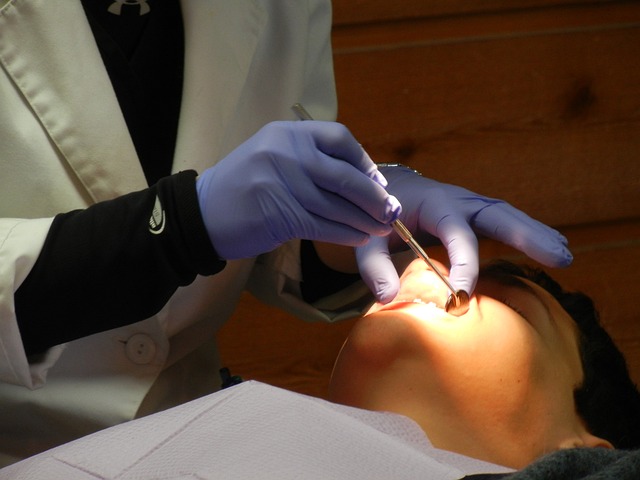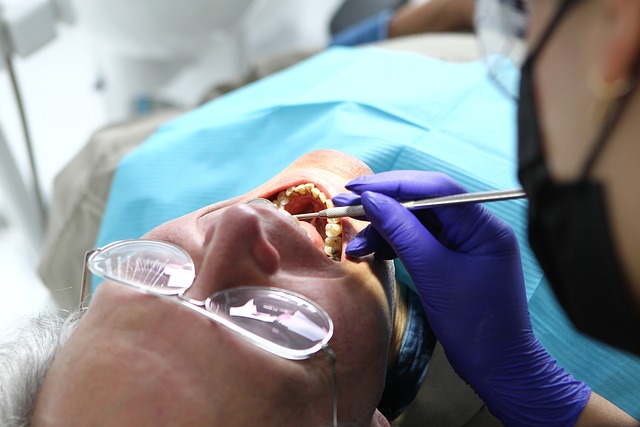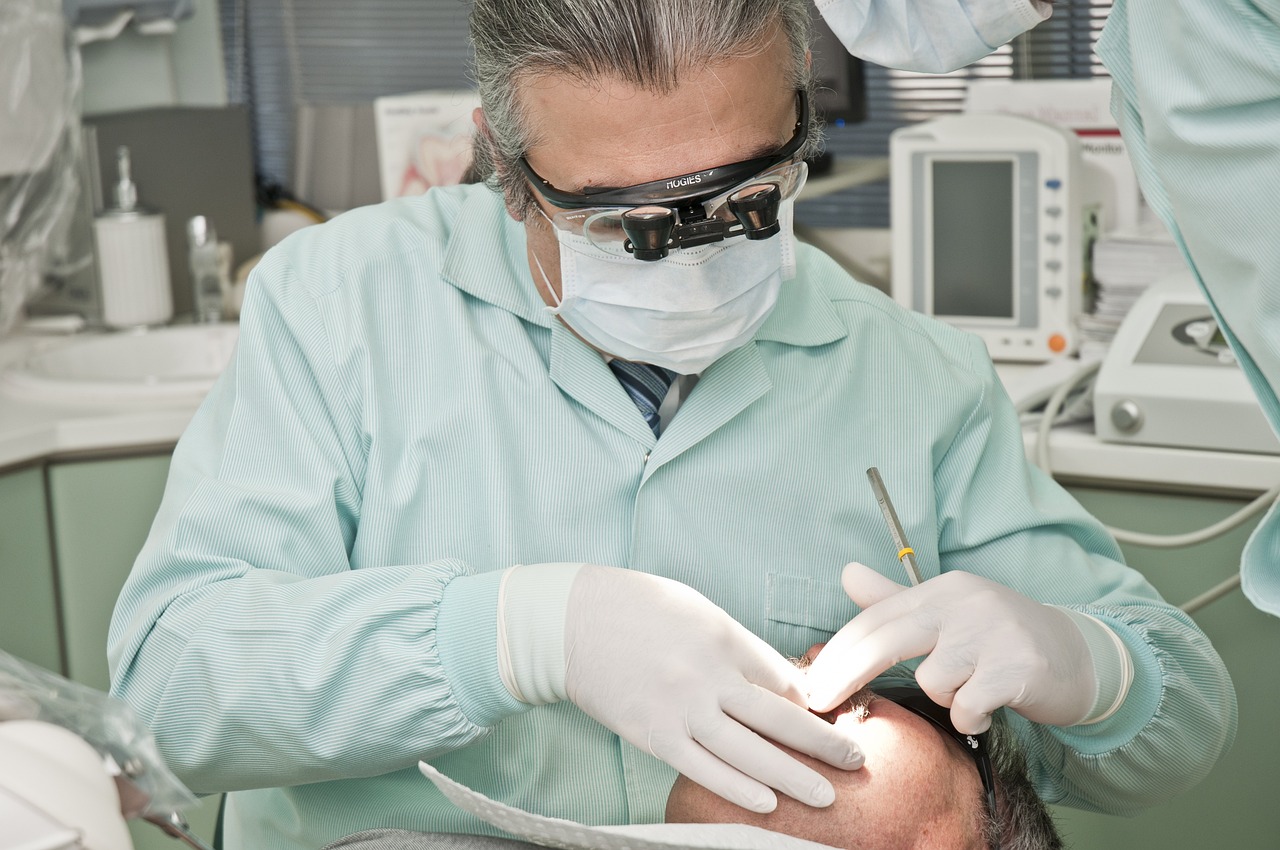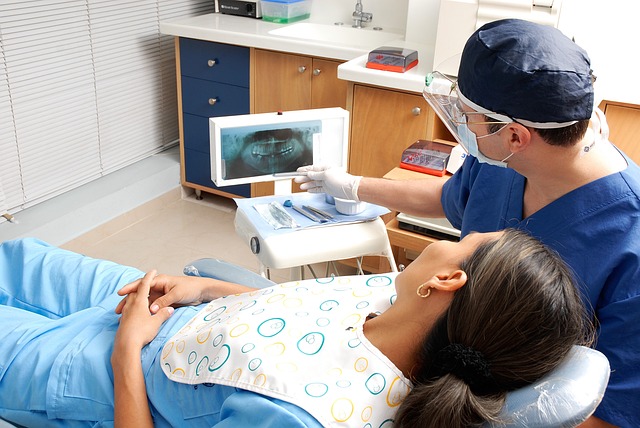Understanding the Lifespan of Dental Fillings and When They Need to Be Replaced
Dental fillings are a common solution for cavities and tooth decay, helping to restore the function and appearance of damaged teeth. However, like most things, dental fillings don’t last forever. Understanding how long fillings typically last and knowing when they need to be replaced by the dentist in Coventry is essential for maintaining your oral health. In this article, we’ll explore the factors that affect the lifespan of dental fillings, the signs that indicate they may need to be replaced, and how to extend their longevity.
How Long Do Dental Fillings Typically Last?
The lifespan of a dental filling varies depending on several factors, including the type of filling, the location of the tooth, and your oral hygiene habits. On average, here’s how long you can expect different types of fillings to last:
- Amalgam Fillings (Silver): These are made of a mixture of metals, including silver, mercury, and copper. They are incredibly durable and can last between 10 to 15 years, sometimes even longer.
- Composite Fillings (Tooth-Colored): These fillings blend with the natural color of your teeth and are more aesthetically pleasing. However, they may not be as long-lasting as amalgam fillings. Composite fillings typically last between 5 to 10 years.
- Gold Fillings: Gold fillings are very durable and can last for 15 to 30 years. However, they are less common today due to their cost and the availability of more natural-looking options.
- Ceramic Fillings: Made from porcelain, ceramic fillings are highly resistant to staining and can last for about 10 to 15 years.
While these are general guidelines, the lifespan of your dental fillings depends on how well you take care of them.
Factors That Affect the Lifespan of Fillings
Several factors can influence how long your dental fillings will last. These include:
The Material Used
As mentioned earlier, different materials have varying levels of durability. Amalgam fillings, for instance, tend to be stronger and longer-lasting than composite fillings, which are more prone to wear and tear.
Location of the Filling
Fillings in teeth that are subjected to more pressure, such as molars used for chewing, tend to wear down faster. Front teeth fillings usually last longer since they aren’t under as much stress.
Oral Hygiene
Good oral hygiene plays a significant role in the longevity of your fillings. Regular brushing, flossing, and dental check-ups help prevent further decay around the filling, extending its lifespan.
Teeth Grinding (Bruxism)
If you grind your teeth at night, this can put extra pressure on your fillings, causing them to wear down or crack more quickly. If you have this habit, your dentist may recommend a night guard to protect your teeth and fillings.
Diet
Frequent consumption of sugary or acidic foods and drinks can cause additional wear on your fillings and may even lead to new cavities. Limiting these foods and maintaining a balanced diet can help your fillings last longer.

Signs That Your Fillings Need to Be Replaced
Dental fillings are meant to last for many years, but over time, they can become worn, cracked, or even fall out. Here are some common signs that your fillings may need to be replaced:
Sensitivity to Hot or Cold
If you experience sensitivity when eating or drinking something hot or cold, it could be a sign that your filling is no longer sealing the tooth properly. This could indicate that the filling is worn or cracked, allowing bacteria to reach the tooth’s sensitive inner layers.
Pain When Chewing
Discomfort or pain when chewing may indicate that your filling is loose, cracked, or has shifted out of place. It’s essential to get this checked as soon as possible to prevent further damage to the tooth.
Visible Cracks or Chips
Over time, fillings can develop small cracks or chips due to wear and tear. Even minor damage can compromise the filling’s effectiveness and increase the risk of decay.
Rough or Uneven Surfaces
If your filling …







 For a long time, it was thought that as long as you brushed and flossed your teeth, you didn’t need to see a dentist. We now know that seeing a dentist regularly is essential for maintaining good oral health. Most dental insurance plans cover two visits to the dentist per year. Regular checkups allow your dentist to catch any problems early before they become more serious.
For a long time, it was thought that as long as you brushed and flossed your teeth, you didn’t need to see a dentist. We now know that seeing a dentist regularly is essential for maintaining good oral health. Most dental insurance plans cover two visits to the dentist per year. Regular checkups allow your dentist to catch any problems early before they become more serious. Since most people brush their teeth in the morning and at night, it’s easy to forget to do it twice a day. But brushing your teeth is one of the most important things you can do for your oral health. So set a reminder on your phone or put a note on your bathroom mirror to help you remember. It’s also important to brush for at least two minutes each time.
Since most people brush their teeth in the morning and at night, it’s easy to forget to do it twice a day. But brushing your teeth is one of the most important things you can do for your oral health. So set a reminder on your phone or put a note on your bathroom mirror to help you remember. It’s also important to brush for at least two minutes each time. Another step you can take at home to improve your oral health is to floss daily. Brushing alone only cleans about 60% of your tooth surfaces, so it’s essential to supplement your brushing with daily flossing. Flossing removes plaque and bacteria from in between your teeth and along the gum line, places that a toothbrush can’t reach.
Another step you can take at home to improve your oral health is to floss daily. Brushing alone only cleans about 60% of your tooth surfaces, so it’s essential to supplement your brushing with daily flossing. Flossing removes plaque and bacteria from in between your teeth and along the gum line, places that a toothbrush can’t reach. Before deciding to take your health supplement, you must be sure about its value. The first thing one should do is identify the maker of the product and conduct thorough online research. You need to understand how it works and why you even need such products in the first place. People get carried away by pretty adverts which are meant to deceive them.
Before deciding to take your health supplement, you must be sure about its value. The first thing one should do is identify the maker of the product and conduct thorough online research. You need to understand how it works and why you even need such products in the first place. People get carried away by pretty adverts which are meant to deceive them. Unfortunately, many people do not think about the potential side effects of health supplements before taking them. As with any medication or supplement, it is vital to be aware of the possible side effects before starting. Some common side effects of health supplements include stomach upset, headache, and allergic reactions.
Unfortunately, many people do not think about the potential side effects of health supplements before taking them. As with any medication or supplement, it is vital to be aware of the possible side effects before starting. Some common side effects of health supplements include stomach upset, headache, and allergic reactions.